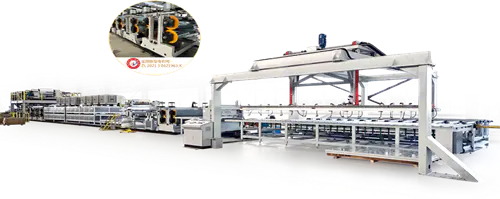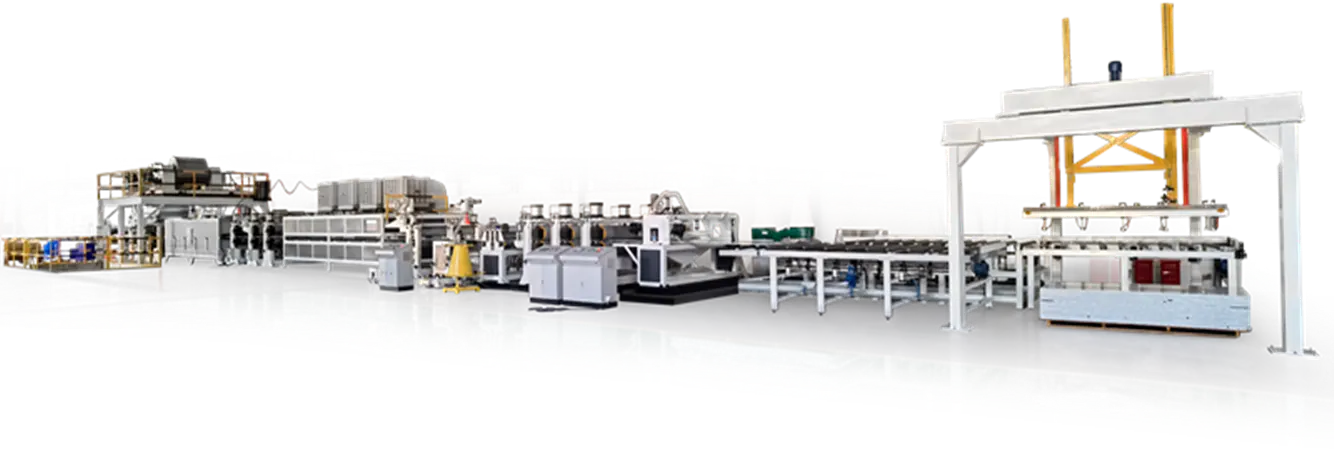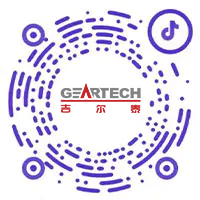Design High Quality Aluminum Composite Panel Production Line Company
The ACP (Aluminum Composite Panel) Production Line industry stands at a critical juncture, poised for significant growth yet facing formidable challenges. This article explores the future prospects and challenges confronting this dynamic sector.
The ACP Production Line market has witnessed remarkable expansion in recent years, driven by the increasing demand for lightweight, durable, and aesthetically appealing construction materials. ACP panels, composed of aluminum sheets bonded to a polyethylene core, offer versatility and cost-effectiveness in architectural applications ranging from building facades to signage and interior design. As urbanization accelerates globally, the demand for high-quality ACP panels is expected to soar, fueled by infrastructure development and the construction boom.
However, amidst the promising prospects lie several challenges that warrant attention. One of the primary concerns facing the ACP Production Line industry is the need for continuous innovation to enhance product performance and sustainability. With environmental consciousness on the rise, stakeholders are increasingly scrutinizing the ecological footprint of ACP panels, urging manufacturers to adopt eco-friendly materials and production processes. Moreover, stringent regulations pertaining to fire safety standards and building codes necessitate ongoing research and development efforts to engineer ACP panels with enhanced fire resistance properties.
Furthermore, the ACP Production Line industry confronts the challenge of market saturation and intensifying competition. As the market becomes crowded with numerous players vying for market share, differentiation becomes paramount. Companies must differentiate themselves through product innovation, predominant quality control, and customer-centric approaches to gain a competitive edge in the market.
In addition to market dynamics, geopolitical factors and economic uncertainties pose significant challenges to the ACP Production Line industry. Fluctuations in raw material prices, trade tariffs, and geopolitical tensions can disrupt the supply chain and impact production costs, thereby affecting the profitability of manufacturers. Furthermore, the ongoing COVID-19 pandemic has underscored the vulnerability of global supply chains, prompting industry players to reassess their resilience and contingency plans.
Despite these challenges, the future outlook for the ACP Production Line industry remains promising, buoyed by technological advancements and evolving consumer preferences. The advent of digitalization and automation technologies offers opportunities for streamlining production processes, improving efficiency, and reducing lead times. Additionally, the growing emphasis on sustainable construction practices and green building certifications presents a lucrative market niche for eco-friendly ACP panels.
To capitalize on the growth potential, industry players must proactively address the challenges and embrace innovation. Investing in research and development to develop next-generation ACP panels with predominant performance and sustainability attributes is imperative. Collaboration with architects, designers, and construction firms can provide valuable insights into emerging trends and customer preferences, facilitating the development of tailored solutions.
In conclusion, the ACP Production Line industry stands at a crossroads, facing both opportunities and challenges on the horizon. By navigating market complexities, embracing innovation, and prioritizing sustainability, stakeholders can chart a path toward sustainable growth and success in the evolving landscape of architectural materials.
Furthermore, fostering strategic partnerships with suppliers and distributors is instrumental in expanding market reach and enhancing customer engagement. Embracing digital marketing strategies and online platforms can facilitate access to a wider audience, driving demand for ACP panels. Additionally, investing in employee training and development ensures a skilled workforce capable of operating and maintaining ACP Production Line equipment efficiently. Continuous improvement initiatives, such as Lean manufacturing principles, can optimize production processes and small waste, enhancing operational efficiency across the ACP Production Line. As the industry evolves, adaptability and agility will be crucial for navigating uncertainties and capitalizing on emerging opportunities.
Geartech participates BIG 5 construct Egypt
Time: 2024.6.25-27
Hall: H2
Stand: 2H58


 中文简体
中文简体 English
English Português
Português русский
русский Español
Español عربى
عربى









